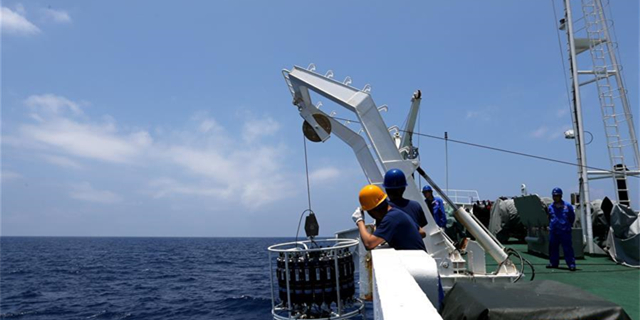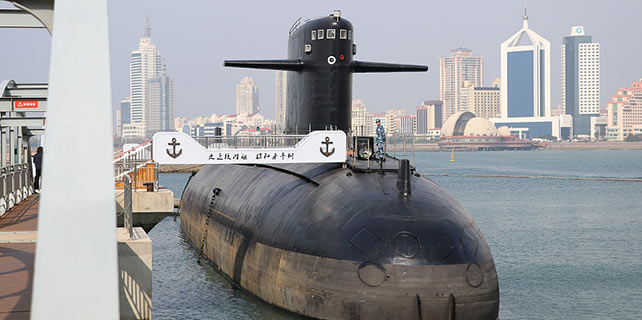Report highlights fortunes of Qianhai & Shekou FTA
Companies are finding it easier and more convenient to conduct trade in Shenzhen's Qianhai & Shekou Free Trade Area, but more effort is needed to make the region a core pivot of the Guangdong-Hong Kong-Macao Greater Bay Area, according to a research report.
The report said the level of trade in the area grew 5.85 percent last year according to the Qianhai & Shekou FTA Trade Facilitation Index, which rose to 0.8515 from 0.8044 in 2015.
The index was released by Institute for Free Trade Zone Research of Sun Yat-sen University in Guangzhou, southern Guangdong province, on Wednesday, as the FTA celebrated the second anniversary of its establishment.
The FTA is part of China (Guangdong) Pilot Free Trade Zone, which also covers Guangzhou's Nansha and Zhuhai's Hengqin.
The index-based on four basic indicators including port management, border-crossing environment and transformation-tracks the development of commerce in the FTA.
The transformation of trade function subindex grew the fastest, 8.31 percent year-on-year.
However, the FTA's role as a trading hub could be bigger, according to the report. It found that trade between businesses in the FTA and the Belt and Road Initiative countries had been limited and growth of international trade had been slow.
Qianhai, which is positioned as a cooperation zone between Shenzhen and Hong Kong, should make better use of its advantages to benefit more businesses in the country, rather than focusing only on Shenzhen-Hong Kong cooperation, said Mao Yanhua, deputy head of the institute.
"Qianhai has been focusing on cooperation between Shenzhen and Hong Kong, but in effect, its role should be bigger," Mao said.
Shenzhen's Qianhai & Shekou FTA could become the "core pivot" of Guangdong-Hong Kong-Macao Greater Bay Area, but measures should be taken to further promote trade and facilitate financing of small and medium-sized enterprises, said Albert Cheung, a partner at international accounting and financial services firm PricewaterhouseCoopers.
"Given its proximity to Hong Kong and preferential policies, the FTA has advantages in transportation and personnel exchanges. It also has an internationalized environment," he said.
"Therefore, it has the ability to play the role as a core pivot in the construction of greater bay area."
Currently financing is still a challenge for SMEs in the FTA and high-end financial staff are in shortage, impeding the development of the FTA, according to an assessment report on the FTA by PwC.









